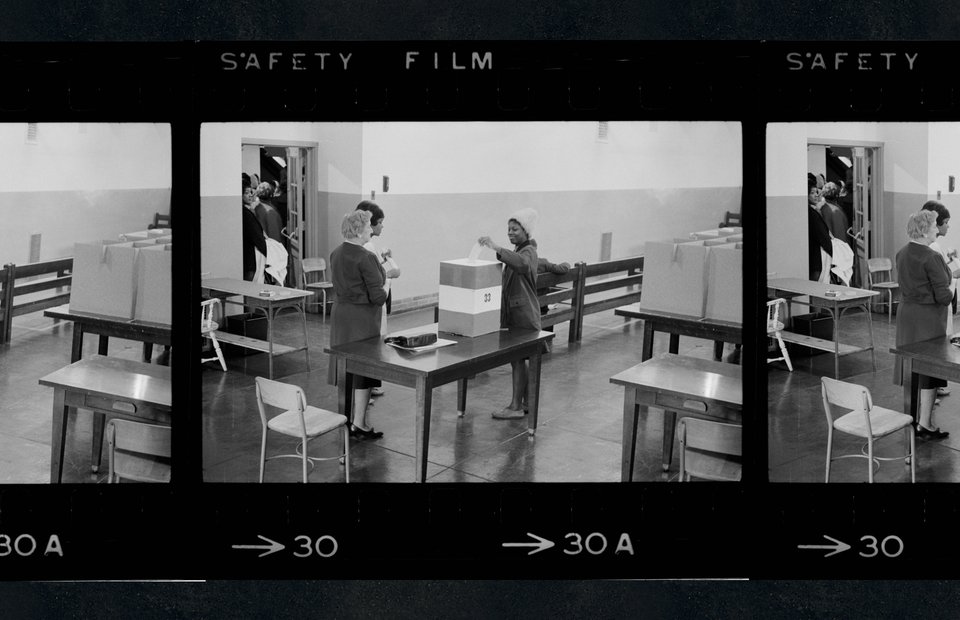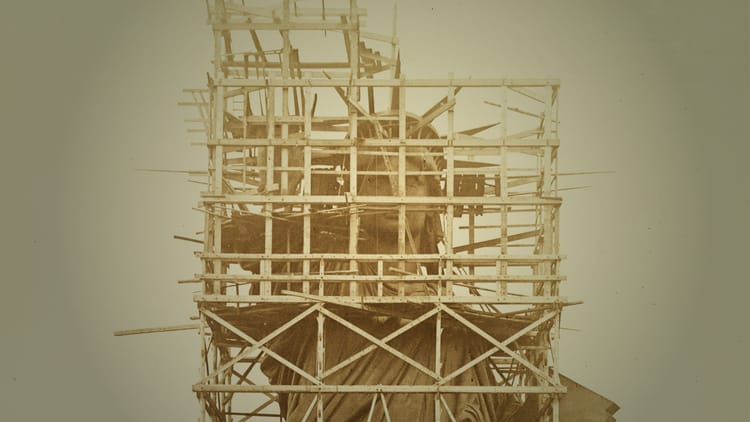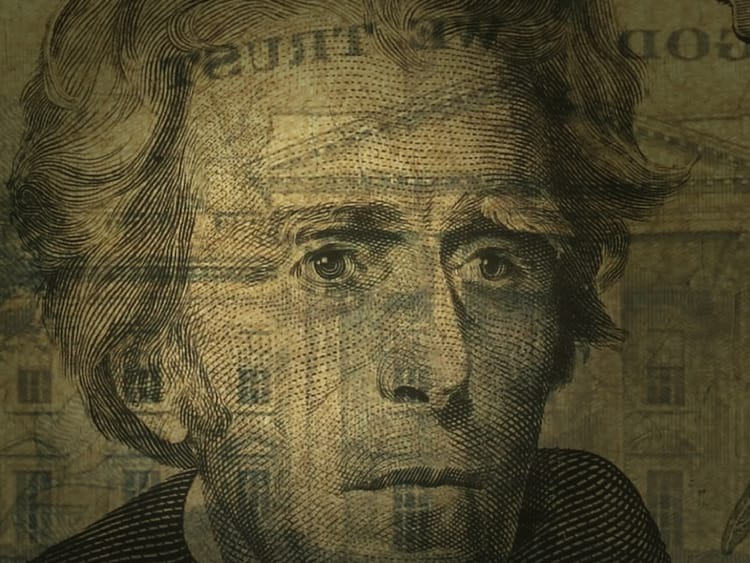Delusions, lies, and voting rights

There may be no greater testament to the polarization of U.S. politics than the fact that voting is now a partisan issue in America. Across the country, Republican politicians are pushing state laws to restrict voting access, justifying these measures with false claims about widespread voter fraud. As they do, Democrats are advancing two bills in the U.S. Congress to expand voting access: the wide-ranging For the People Act (H.R. 1)—which includes significant reforms to voting, elections, campaign finance, and ethics rules in American government—and the John Lewis Voting Rights Act. Neither is likely to make it through the Senate, given the supermajority of 60 votes needed to pass any legislation there. But if either were to pass, would Democrats gain a partisan advantage? Is opposing these bills really vital to Republicans’ electoral self-interest?
Jessica Huseman is a Dallas-based journalist and the editorial director of Votebeat. Huseman says anything that makes voting easier is better for any party that believes in what it stands for and can communicate that to voters. Neither does research show any partisan advantage in states with voting by mail, one of the key voting-access practices this kind of legislation is aimed at expanding. But Huseman doesn’t expect the party of Trump to abandon its conspiratorial and anti-democratic approach to voting policies anytime soon: “Almost nothing Republicans say about voting is accurate.” Still, Huseman is critical of Democrats’ legislative strategy, believing they could attract more Republican supporters for their voting-rights legislation if they took a better approach to the reforms it represents …
Graham Vyse: Let’s separate the good from the bad. What are some of the reforms you admire in H.R. 1, the For the People Act?
Jessica Huseman: The bill would require states to offer same-day voter registration for federal elections. It’s an excellent reform that has been instituted across the country.





